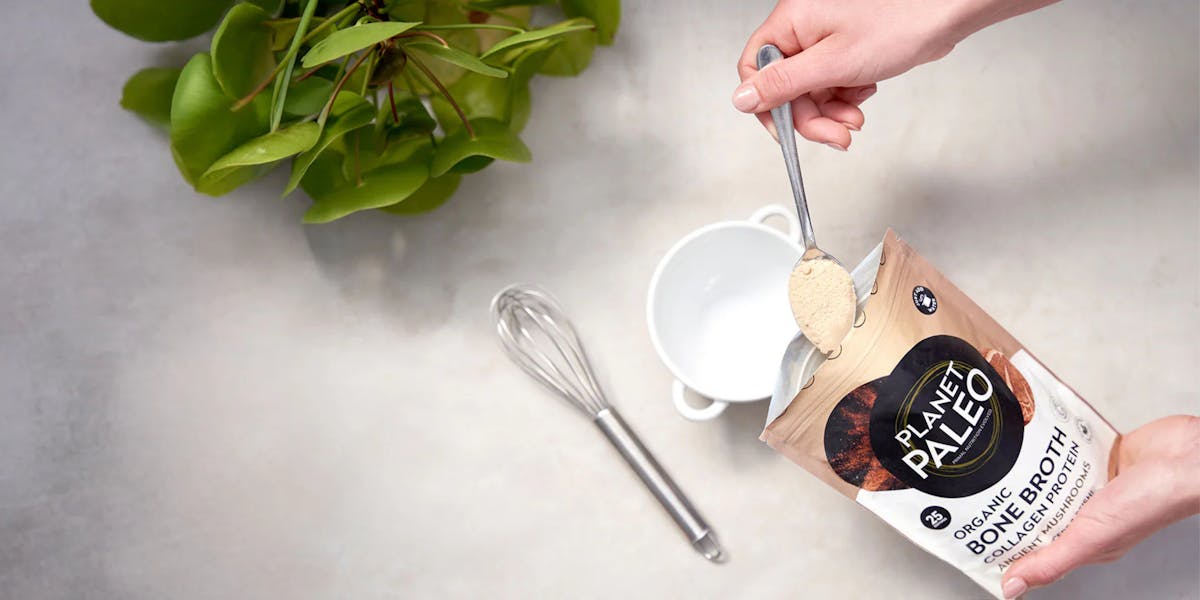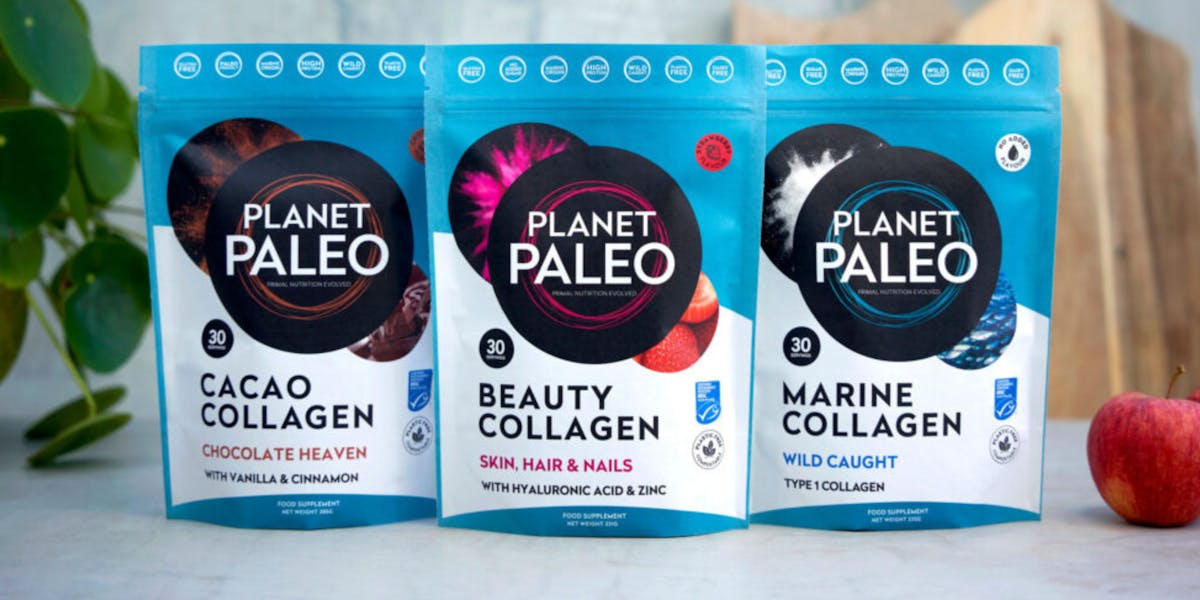Planet Paleo: An Ethical Lens on Collagen Supplementation
The rise in popularity of collagen supplementation has sparked a wave of demand, and with it, a flood of dubious marketing claims and questionable sourcing practices. Planet Paleo’s founder, Ben Shouler, lays bare the realities of the collagen industry, separating greenwashed buzzwords from genuine ethical sourcing, and providing insight into what makes Planet Paleo’s products stand apart.

Traceability Over Trends
One of the major takeaways is the issue of traceability—or lack thereof—in most collagen products. Many brands tout terms like pasture-raised or bioavailable, but as Shouler points out, these are often marketing fluff. In a world where grass-fed is slapped on nearly every label, Planet Paleo maintains traceability right back to the animal, through audits from the LIAF control group. This level of transparency is rare and critical for consumers who care about what they’re ingesting.
Chicken Collagen
Chicken collagen, particularly Type 2, is sourced from the sternum cartilage of birds typically raised in dire conditions. While marketed as a sustainable byproduct, it’s mostly derived from intensive, low-welfare operations. Claims of cage-free often mask grim realities, barn environments can be just as cruel. The poor bone quality of these chickens also questions the efficacy of the collagen derived from them.
Bovine Collagen
While South America still leads in grass-fed cattle, demand—particularly from markets like China—has driven a shift toward grain-fed, fattier cattle. Add in the widespread misuse of pasture-raised as a term, and you’ve got an industry riddled with half-truths. Planet Paleo combats this with strict sourcing from grass-fed and finished Argentinian cattle and certified Swedish organic bone broth.
Unfortunately, most EU collagen sources generally lack traceability, and most protein-based feeds are loaded with imported genetically modified soy, often treated with glyphosate. This is particularly concerning as glyphosate may interfere with glycine, an amino acid crucial to collagen, potentially affecting protein integrity.

Marine Collagen
Planet Paleo became the world’s first MSC-certified collagen brand. MSC certification ensures fish stocks are wild, sustainably caught, and free from overfishing. In contrast, most marine collagen is sourced from farmed fish, particularly tilapia, which are often raised in unnatural conditions and medicated to prevent disease outbreaks.
Planet Paleo doesn’t shy away from calling out the industry. Their approach is grounded in proper certifications, annual audits, and a refusal to compromise on sourcing. In an industry awash with misleading labels, their commitment to genuine sustainability and animal welfare sets a standard worth aspiring to. For the ethical consumer, their products are more than a supplement, they're a statement.
Written in Collaboration with Planet Paleo


